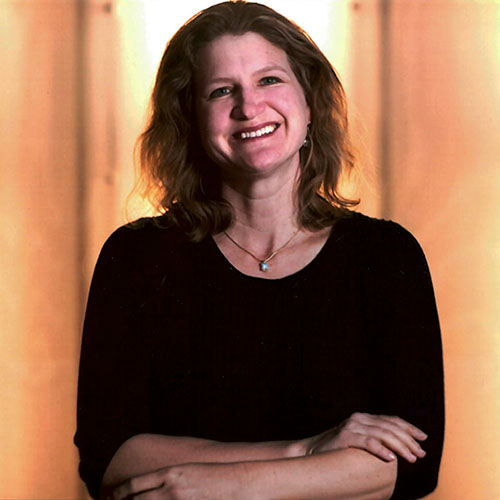The Charge: Building a faculty of dedicated teachers who are also committed scholars engaged in their disciplines has been and will be critical to providing the finest liberal arts education to generations of CC students and fulfilling the college's mission. To continue to attract, develop, and retain an engaged faculty equal to the challenge of teaching on the block, the college must enhance resources and flexibility to support faculty scholarship and creativity across the disciplines and activities that make up the learning experience.
What's Happening:
While time remains the most precious of resources, often the next greatest challenge for faculty to pursue their scholarly and creative work is funding. Therefore, when the college set out to enhance the resources available to support faculty scholarship, the first step was improving the support to faculty who seek and receive external funding.
Because each faculty member has individual needs regarding what kinds of investments would help them become more competitive for external grant dollars, the college established a new program designed to help faculty become better positioned for external funding. The SEGway program (for spurring/supporting external grants) offers "seed funding" to faculty who have identified a target funder for their scholarly work and can articulate what strategic activity would make their project more competitive for that particular funder. In return for the college's support, the faculty member commits to applying for the external grant in the near future.
In Spring 2017, Associate Professor of Film and Media Studies Dylan Nelson approached the SEGway program to request support for one of her current documentary projects, "The Liegnitz Plot." The film investigates a story dating back to the Holocaust: that a mysterious Nazi stole priceless stamp collections from concentration camp victims and then buried the stolen stamps somewhere in Poland. Armed with only a cryptic document containing the Nazi officer's initials, R.W., Nelson and the filmmaking team set out to confirm the story, recover the stamps, and return them to their rightful owners.
Solving this real-life mystery story was compounded by another real-world challenge: the cost. While some documentaries have a lower price tag, "The Liegnitz Plot" was budgeted at approximately $1.2 million due to the extensive travel, the high cost of archival footage, and potential expenses involved with an archeological dig. (After a year of investigative work, the team confirmed that the box of stolen stamps had been buried in the basement of an apartment house in Western Poland.) Such a substantial sum requires financing through a variety of means including grants, investment, donations, in-kind service agreements and distribution deals - all of which require what's called an "extended trailer." Unlike the two- to three-minute "sizzle" trailers seen in theatres, extended trailers are typically 10 to 20 minutes in length and must be carefully orchestrated to showcase the project's greatest strengths.
At the time of her SEGway proposal, Nelson and the team had shot about 50 percent of the film. Nelson requested $5,000 from the SEGway program to support the costs associated with creating the extended trailer: hiring an experienced documentary editor for two weeks and traveling to Los Angeles to work closely with him.
With the extended trailer in hand, Nelson began applying to funders. In August 2017, the project was awarded $20,000 from The Catapult Fund, which, much like the SEGway program, provides seed funding to documentary filmmakers, and in July 2018, the project was awarded a $40,000 film grant from the prestigious Conference for Jewish Material Claims Against Germany (the Claims Conference). The Claims Conference showcased "The Liegnitz Plot" in February 2019 at "Eyewitness: Documenting the Holocaust on Film," a major event at the Paley Center in Los Angeles; it was the only work in progress to be included. Finally, the extended trailer helped Nelson obtain an invitation for the Sundance Creative Producers Summit held this past August, extended to only 20 independent documentary filmmakers worldwide.
"SEGway funding has been instrumental to the development of 'The Liegnitz Plot,'" Nelson says. "It may take many years to complete a documentary feature; seed funding in the early stages provides not only vital financial support but also inspiration to keep going." The fund-raising work is ongoing.
"Some of our peer institutions offer incentive programs that reward the act of submitting a grant," notes Tess Powers, director of faculty research support. "We decided to 'frontload' the process by rewarding the act of planning ahead in a thoughtful, strategic way."
Given that internal funding serves a critical role in helping faculty build a case for external funding, this year the SEGway committee spearheaded a project to compile into one document information on all sources of internal college funding for faculty research and curriculum development. The Matrix, which was presented to faculty in a Block 1 Crown Faculty Lunch, seeks to ensure transparency and equity, so that all faculty have access to the same information.
Since the SEGway program's launch in the 2014-15 academic year, 45 faculty from 20 departments across the college have been awarded seed funding from the program.






